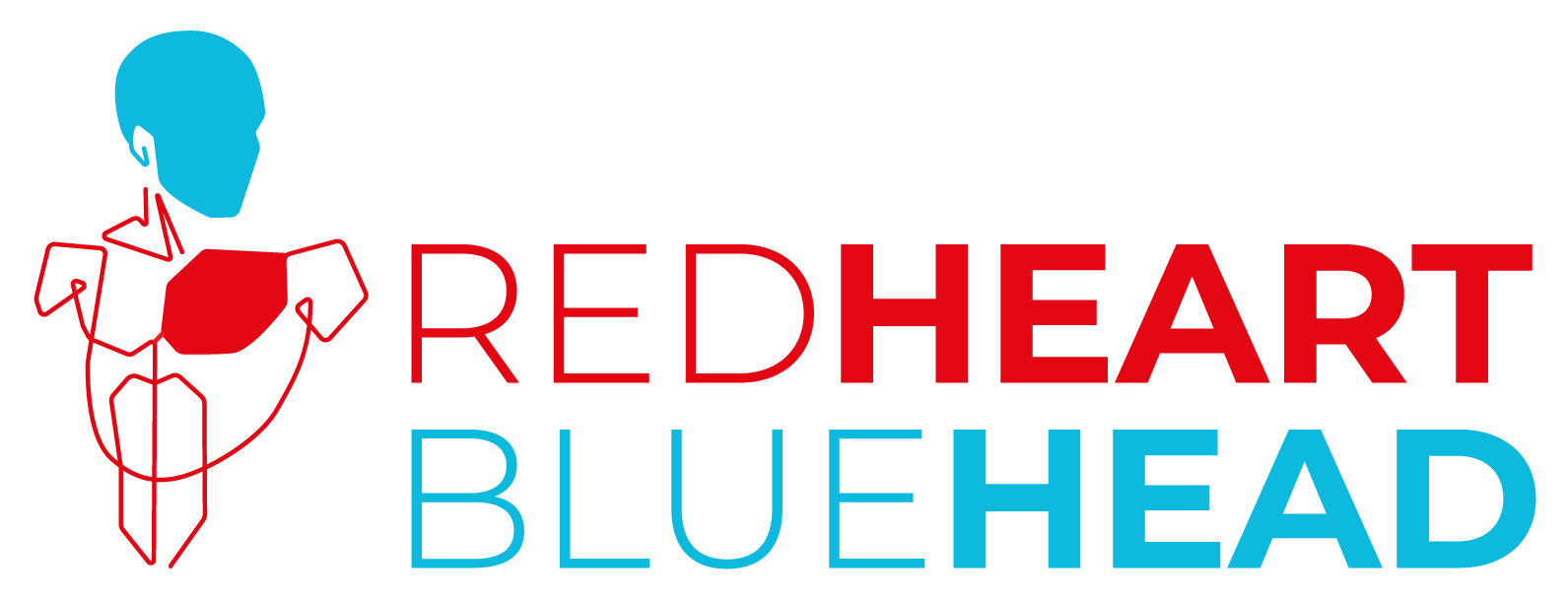Coaching not coasting

Coaching titles
In sport, the terms ‘coach’ and ‘manager’ are often used interchangeably. Both roles work with a team to maximise its performance, through forms of coaching.
Usually the manager is in the one in charge, unless there’s only a Head Coach. Some clubs have a Sporting Director at the top of their coaching pyramid. But a Manager or a Head Coach might still be in charge of the team. Job titles only tell part of the story.
Every set up is different. But something is always the same and that’s the need for every manager and coach to continue their own development.
But I have all my coaching badges!
Once any skilled person has all the qualifications and accreditations available, there’s nothing else to learn. Right?
No. Of course not. That’s just the beginning. If it were that easy, every manager/coach could all perform equally well in the top jobs. And they don’t. They can’t.
What’s the differentiator?
Every manager/coach gets the day to day experience of working with their team. And all of them pick up some incremental learning from their daily exposure to the job. But for many, it only makes a fractional difference to their outputs and the team’s outcomes. Why? Success doesn’t come unless you’re ready for it.
Getting Win Ready
The real differentiator to success comes from preparing for it. Repeating the same theories and routines will at best produce similar results. More likely it’ll be increasingly worse ones as you become outmoded and deskilled.
Preparing for success means getting ahead of the curve and ahead of your competitors. That comes from having the right team in place (more below) and from introducing new concepts and developing new theories. They’re the elements that can slingshot a team past its rivals. They’re the acts of slipstreaming that can win you titles, promotions and trophies. Quite often these ideas tend to come from outside the coaching group. That’s odd isn’t it?
New coaching ideas
So where do new ideas come from? The answer is wherever you look hard for them.
Firstly, have you wrung every idea from the existing group of coaches and managers yet? Has a domineering or old school Head Coach stifled the creativity from those around them? If so, can it be unleashed?
Other sources of ideas include: the practices of other rival teams, coaches from other sports, courses, conferences, books, podcasts, studying the habits of individual competitors, technological developments, documentaries, market leading businesses and external subject matter experts, to name a few.
What’s the right team?
Let’s start with what isn’t the right team.
If nearly ever member of a coaching team thinks in the same way, there’s likely to be too much ‘group thinking’ and not enough challenging of ideas and processes. Challenge is good. Acceptance is a weakness not a strength.
These dangerous similarities come in many forms, including gender, age, nationality, sexuality, ability, social background, education, qualifications and training. The more homogeneity your coaching group has, the fewer ideas you’ll generate.
An easy consensus on a team strategy or tactic feels ‘right’ it feels solid and safe. But it’s probably bad news. If an idea is easy for you to get to, won’t your competitors be able to think of it too? Group think is the enemy of progress and improvement.
A group that has a range of different thinkers has ‘cognitive diversity’. It has the strengths of many perspectives and life experiences, rather than everyone having the same ones. What does that add? More critical thinking, more new ideas, more checks on bad ideas, more inclusion, more performance; and more organisational sustainability.
What expertise do you need?
Every walk of life need a different set of skills, which means it needs a different set of coaching skills and expertises too.
If success depends on factors like physical fitness, mental fitness, execution of skills, strategic thinking and tactical awareness then surely the coaching team needs to call on relevant experts. They should be in sporting strategy & tactics, teaching & coaching, strength & conditioning, medicine, alternative medicine, physiotherapy, diet & nutrition, training & game analysis, technology, critical thinking, memory retention, stress management, mental wellbeing and psychology as a minimum.
That’s not all though, you also need experts in developing core strength and flexibility (such as yoga, pilates and ballet) and in aiding recovery (such as experts in cryotherapy, reflexology and chiropractic).
What’s your coaching group like?
Is your group too similar to be successful? Do you need to invite new people with new ideas in? That might seem scary, but losing more and more ground to your competitors is much scarier. It certainly should be.
Don’t coast
Every coach and manager has to continue learning and developing their skills and experience. In practice, the pace of that learning tends to slow over time. And that’s dangerous. It’s a major restriction on your chances of success. This is especially true when it happens to the leader of a coaching group.
The solution comes in the form of continuing self-development. Every coach needs to be coached too. Then those new ideas can be cascaded down to everyone else in team. Invite new ideas from inside and outside the group.
This comes down to attitude. Are you open-minded about your own learning? Are you coachable? Don’t complain abut the difficulties of coaching others if you’re impossible to coach yourself. When you’re coasting, so will your team.
Don’t slow things down. Pick up the pace. Be a lifelong learner. Be coached.
